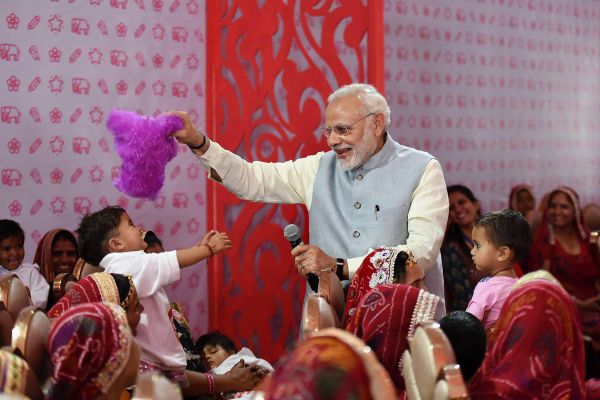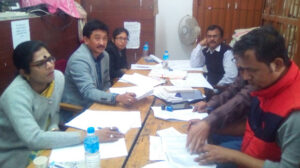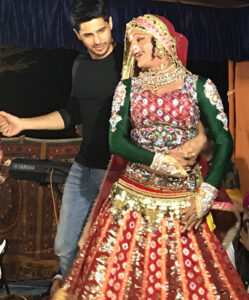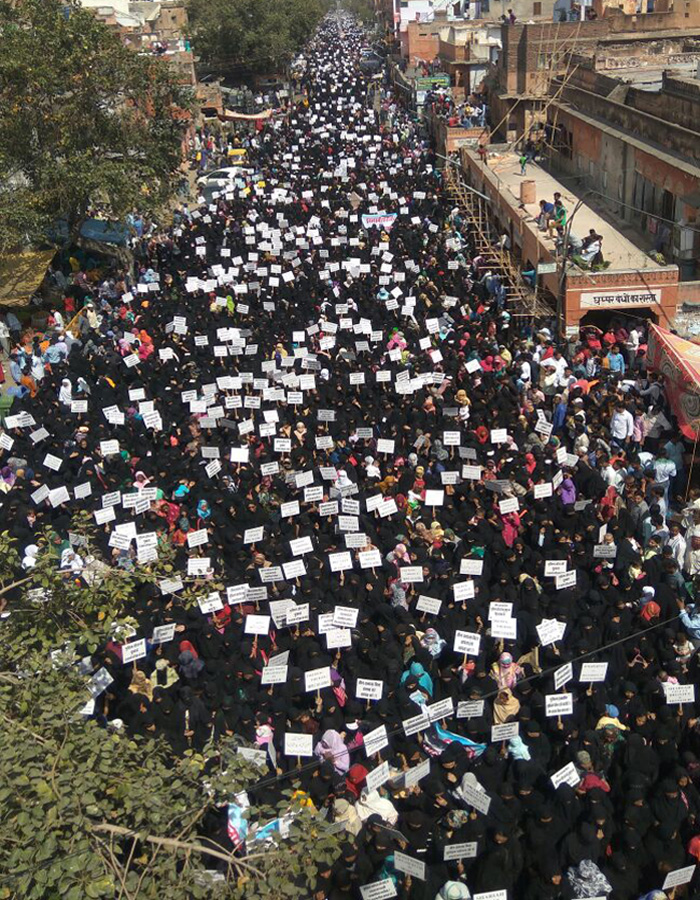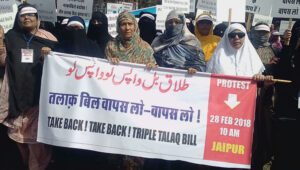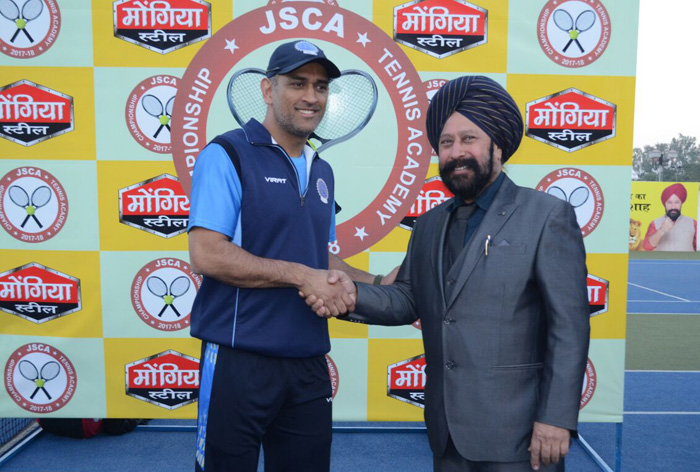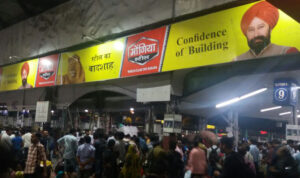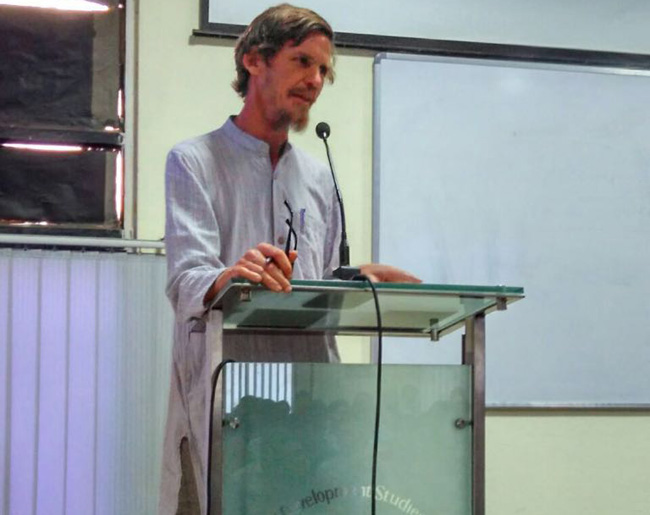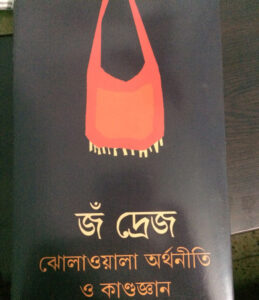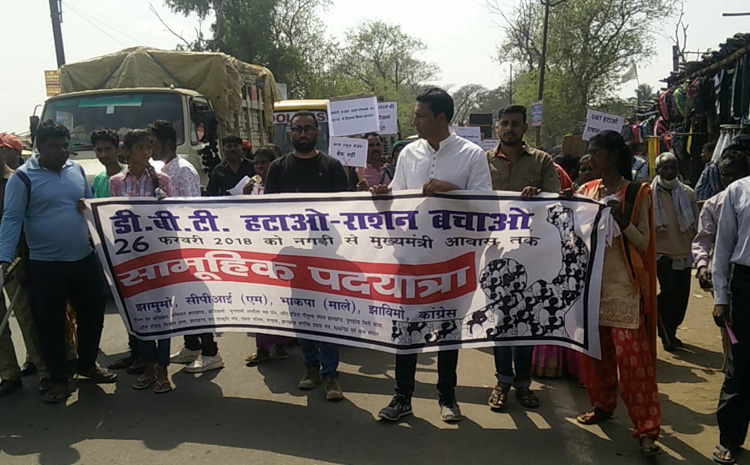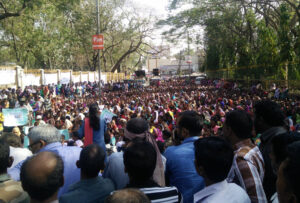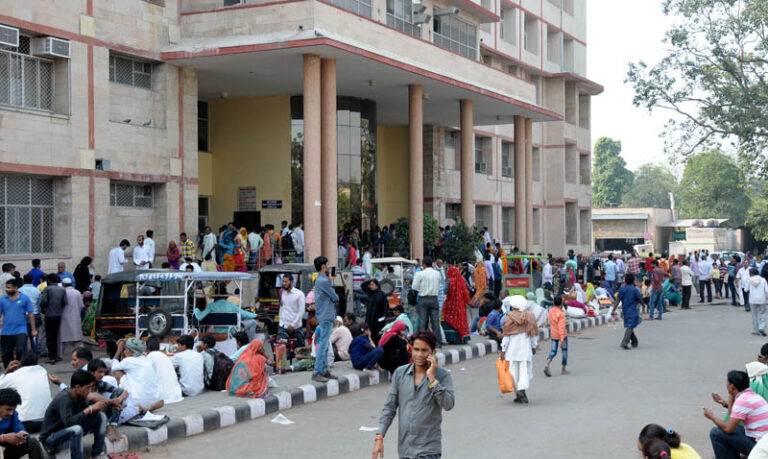Kolkata: At least forty concerned doctors that include Gynaecologists and Paediatricians wrote an open letter to Prime Minister of India Narendra Modi on the occasion of Women’s Day and drew his attention on the status of pregnant and lactating women in India.
Significantly, PM was in Jhunjhunu district of Rajasthan today where he launched National Nutrition Mission that aims to reduce stunting, under-nutrition, and low birth weight by 2 per cent and anaemia (among young children, women and adolescent girls) by 3 per cent annually over the three-year mission period (2017-18 to 2019-20).
They appreciated the PM and reminded, “We appreciate your earlier efforts to promote the importance of food and health security of pregnant women but much remains to be done,”
The doctors claimed in the open letter, that the goal of NNM will remain unrealised if women continue to remain undernourished and anaemic during pregnancy. It will contribute to intergenerational cycle of malnutrition by passing the burden of malnutrition to the new born child.
The World Health Organisation (WHO) website states “Breastfeeding is an unequalled way of providing ideal food for the healthy growth and development of infants; it is also an integral part of the reproductive process with important implications for the health of mothers. Review of evidence has shown that, on a population basis, exclusive breastfeeding for six months is the optimal way of feeding infants.”
The letter mentions, to enable mothers to establish and sustain exclusive breastfeeding for six months, WHO and UNICEF recommend:
- Initiation of breastfeeding within the first hour of life
- Exclusive breastfeeding – that is the infant only receives breast milk without any additional food or drink, not even water
- Breastfeeding on demand – that is as often as the child wants, day and night
- No use of bottles, teats or pacifiers
The implementation of the above, which are so critical for the health, nutrition andcare of women and children, is not possible, unless women can withdraw from her regular responsibilities of work to be with the child in the first six months. The recent amendment in National Maternity Benefit Act does acknowledge this fact by providing six months of paid leave to women in the organised sector.
“In India 95 per cent women workers are in the informal and unorganized sector and do not receive any wage compensation during pregnancy and after childbirth, although we expect them to rest, gain weight, improve their own health and then provide the baby with exclusive breastfeeding for six months,” it reads.
The Economic Survey of India 2016 (Ministry of Finance, Government of India) points out that “42.295 per cent Indian women begin pregnancy too thin and do not gain enough weight during pregnancy’ and recommends that ‘some of the highest economic returns to public investment in human capital in India lie in maternal and early life health and nutrition interventions.”
The concerned doctors requested the PM to implement the National Food Security Act 2013, which covers:
- Pradhan Mantri Matru Vandana Yojana (PMMVY), the Central Scheme for maternity entitlements should immediately be made universal and free of conditionalities and not linked to the number of children or age of the woman, as that is fundamentally discriminatory to both women and children as citizens.
- The amount of maternity entitlement given under this scheme should be increased fromRs.5000 to at least Rs 6000 (as per the National Food Security norms) and be increased progressively to achieve coherence with wage compensation.
- Supplementary nutrition through locally prepared foods – preferably hot cooked meals to be supplied to all pregnant and lactating women at the local Anganwadi centre.
These doctors come from every part of India, be it Delhi, Kolkata, Ranchi, Nainital or Bilaspur.
Some of the names are Dr Abha Govind (London), Abha Kullar Sabhikhi, Amit, Anshu Sharma, Anita Verma, Asha Sharma (all from Delhi), Binayak Sen and Charulatha Bannerjee (Bengal) among others.


